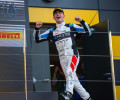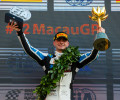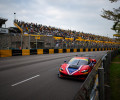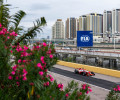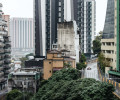FIA to ramp up 2016 Macau Grand Prix
The FIA F3 World Cup at Macao, among young drivers of relatively equal experience, is likely to herald a reinforcement of the event’s status as a star-finder
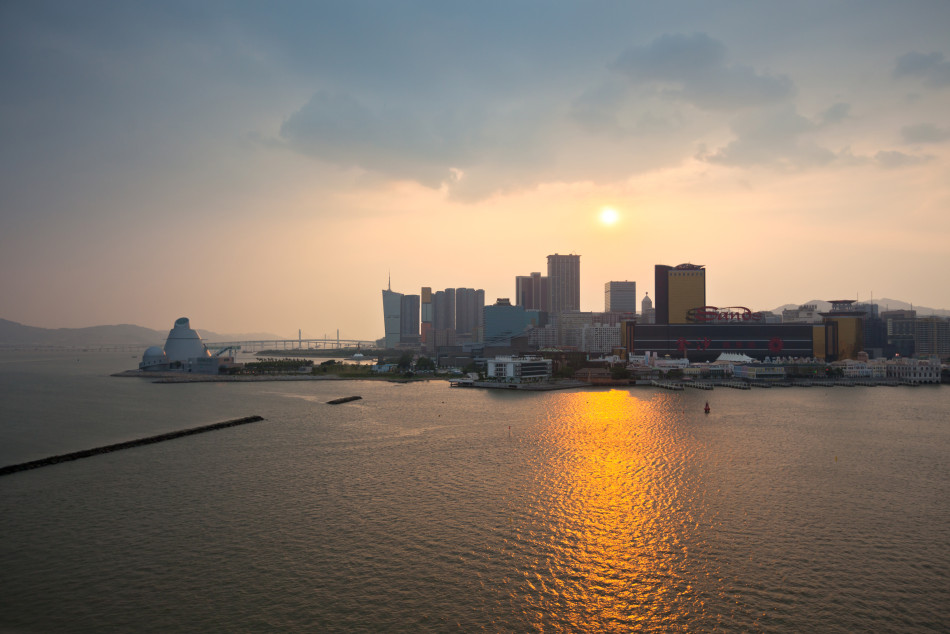
Initiated in 1954, the Macau GP has been a must-see event for more than four decades. It became the single most important race in the junior motor sport category and remains a major component of Macao’s global tourism footprint.
The 6.2-kilometre (3.8-mile) Guia street circuit is unique in the region and regarded as one of the world’s best driver’s tracks.
Macao has been a focal point for F3 competitors since the initial F3 race in 1983 was won by Ayrton Senna (Ralt RT-3 Toyota).
But it was a showcase for international talent for at least 20 years prior.
Dieter Quester, Vern Schuppan, Riccardo Patrese, Geoff Lees and Roberto Moreno all used Macau wins in Formula Libre and Formula Pacific as a springboard to successful racing careers.
In F3 Senna and Michael Schumacher were standout winners to go on to world championships in a victors’ list which included David Coulthard, Ralf Schumacher, Takuma Sato and defending World Formula E champion Lucas di Grassi.
Today, Macao remains a focal point for young drivers on the road to the top of international motor sport; two-thirds of the grid in the 2016 FIA Formula One World Championship has F3 experience at Macao.
The FIA F3 World Cup promises to be tightly contested, given that the FIA F3 European Championship has seen 11 different winners over 27 races at nine events.
This history also permeates the FIA GT World Cup, with many front-runners in the 2015 event having experienced the famous circuit in Formula 3 cars.
Engel, his Mercedes-Benz team mate Renger van der Zande, McLaren’s Alvaro Parente, McLaren driver (and 2000 F3 winner) André Couto, and two-time Macau F3 winner Edoardo Mortara all bring single-seater experience of the Guia circuit.
For the second running of the FIA GT World Cup on the streets of Macao the FIA, via its World Motor Sport Council, recently confirmed amendments to the race’s Sporting Regulations.
They include the requirement for each manufacturer to engage at least two cars, and the maximum allowed time for both GT races has been increased: from 45 to 60 minutes for the qualification race, and from 60 to 75 minutes for the main race.

 Facebook
Facebook Twitter
Twitter